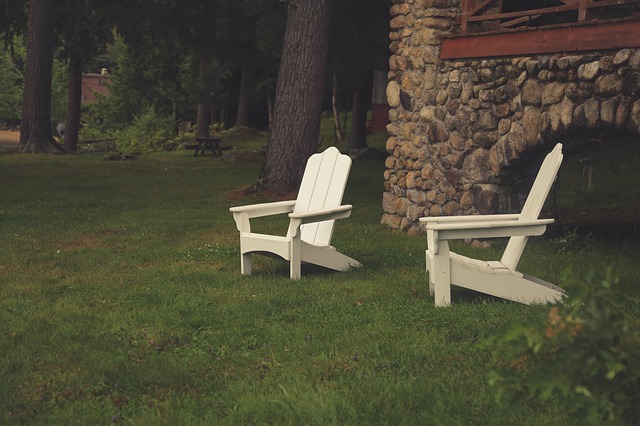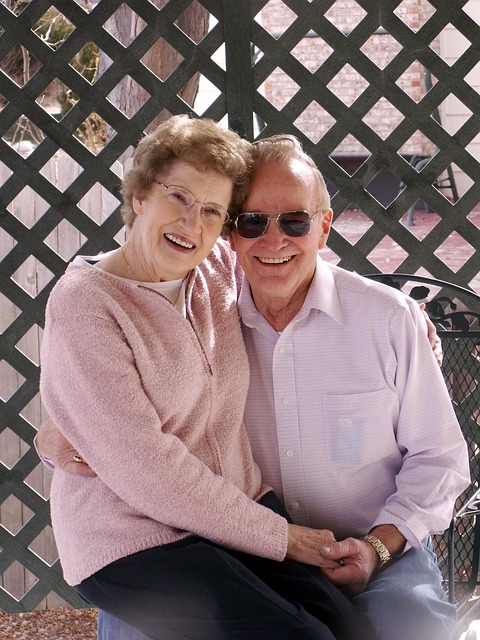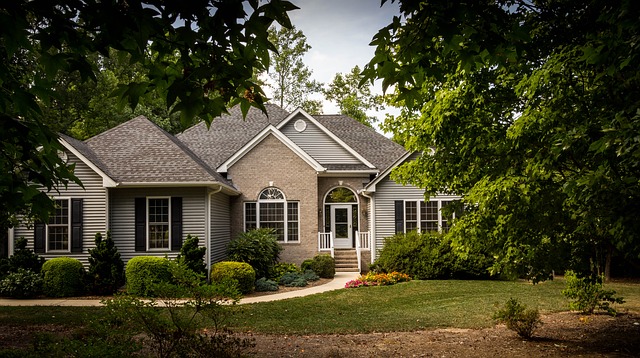Maybe you want to retire at 65. Or 60. Or 55. Or now. Good news: The (financial) difference between a happy and unhappy retirement is a lot smaller than you think…
Just as we should all define “success” differently, how you define “retirement” is totally up to you. Some people plan to retire and never work another day; others plan to retire yet keep working–in some capacity–until they die.
However you define retirement, though, hopefully it includes having the freedom to do more of what you want to do and less of what you have to do.
And, of course, be happy.
But listen to most financial planners–or use most retirement calculators–and it’s easy to assume that freedom and happiness comes with a price. A quick scan of recent articles implies you’ll need millions of dollars in assets and a five-figure monthly income in order to retire happily.
Actually, no. In order to rank among the “happiest” retirees you’ll probably need a lot less in assets and income than you think.
Wes Moss, host of Money Matters and a top financial advisor, analyzed the behaviors and characteristics of the happiest retirees. (Not just for fun, though–he used the results to write the excellent book You Can Retire Sooner Than You Think.)
While the traits of happy retirees aren’t intended to serve as a checklist–after all, we’re all individuals–they can help you map out what you might need, both financially and emotionally, to increase your chances of being happy when you retire.
Here’s a sampling of what it takes to enjoy a happy–or better yet, very happy–retirement:
1. Happy retirees have at least $500,000 in liquid net worth.
Not $5 million. Not $3 million. In fact, that kind of money doesn’t significantly impact happiness.
“Moderately happy” retirees possess right around $500,000 in liquid assets, but “very happy” and “extremely happy” retirees both report having significantly less than $600,000. More is better…but only by very small degrees.
Possessing that amount of liquid net worth clearly creates a financial cushion (as well as generating income), and Wes feels there is also a sense of emotional comfort that comes from having $500,000 as a safety net.
Would $1 million or $2 million in liquid assets be nice? Of course–but to be happy, it’s definitely not required.
2. Happy retirees own homes with an average value of $300,000.
A palatial estate may be nice…but not necessary.
Plus, the larger the home, the higher the taxes and insurance…and the more expensive the upkeep.
3. Happy retirees averaged $97,000 in household income during their “peak” earning years.
Unhappy retirees averaged $77,000.
Granted $97,000 is a fairly high income, but then again, it’s household income, not just one person.
More importantly, a six-figure income isn’t a prerequisite.
4. Happy retirees average $82,000 in current household income.
Here’s where it gets even more interesting.
People who say they are “unhappy” average approximately $42,000 in retirement income. Those who are “slightly happy” average $60,000. “Moderately happy” retirees average $72,000, and “very happy” retirees average just over $80,000.
So what does it take to be an “extremely happy” retiree? They average $90,000 in household retirement income. (Certainly not chump change, but again, that’s household income, not per person.)
Happiness levels quickly plateau; the difference between being “moderately happy” and “very happy” is only $8,000 a year; the difference between “very happy” and “extremely happy” is only $10,000 a year.
Greater levels of income, while certainly nice, still result in rapidly diminishing returns where happiness is concerned.
5. Happy retirees no longer have a mortgage (or are close to paying off their mortgage).
Happiness levels go up as mortgage balances go down. Not having a mortgage payment is not just liberating–owning your home outright provides a real sense of comfort and security. (And it frees up funds to be used for other purposes.)
So if you’re setting financial goals, paying off your home early could possibly be one of them. While it doesn’t always make strictly rational financial sense–if you have a 3.5 percent mortgage but can earn 7 or 8 percent from investing, putting extra money towards your mortgage does result in opportunity cost–the emotional impact could more than offset that “loss.”
And if your house is paid off, or is close to being paid off, that makes it a lot easier to consider retiring early.
6. Happy retirees have two or three sources of retirement income.

That doesn’t mean you need to have two or three jobs.
Proceeds from the sale of a business,pensions from old jobs, investment income, part-time jobs…there are a number of potential retirement income sources.
The happiest retirees tend to have more income sources (not necessarily more income, but more income sources) than unhappy retirees.
After all, having your eggs in one basket means you worry a lot about that one basket…and worry breeds unhappiness.
7. Happy retirees have a well-defined understanding of their purpose in life.
Direction and meaning in life correlates strongly with happiness. Ninety-one percent of happy retirees are either “very” or “extremely” comfortable with their sense of purpose. Eighty-nine percent of unhappy retirees are either “slightly” or “not” comfortable with their sense of purpose.
Bottom line: Happy retirees know what their money–and, more importantly, their life–is for.
8. Happy retirees have at least 3.5 core pursuits.
What is a “core pursuit”? Simple: an activity or interest you love to pursue. Core pursuits are things that make you feel gratified and fulfilled: volunteering, traveling, teaching, sports…activities that make you feel good about yourself and your life.
In short, things that you want to do more of, rather than less of, because they make you feel good about yourself.
9. Happy retirees live in the city or suburbs.
Thirty-seven percent of unhappy retirees define where they live as “rural,” which is almost double the national average (only 16 percent of Americans live in rural areas).
Why does where you live make a difference? Cities and suburbs have more people, meaning more opportunities to engage and interact with more people.
10. Happy retirees take at least two vacations each year.
And they spend more money on those vacations than unhappy retirees.
This is one instance where spending more money correlates to happiness, possibly because travel is exciting and personally enriching.
And travel is to some degree social, too.
Bottom line: To be happy in retirement, you don’t need a ton of assets. Or a huge annual income. Or a big house. Those things are nice, but they won’t make you happier.
You need enough to provide a sense of security…but after that, it’s what you do with your time–not your money–that will make you happy during retirement.
Which, if you think about it, is just as true now as it will be then.
To receive similar content, “Like” us on Facebook @ https://www.facebook.com/niagarabuzz.ca















